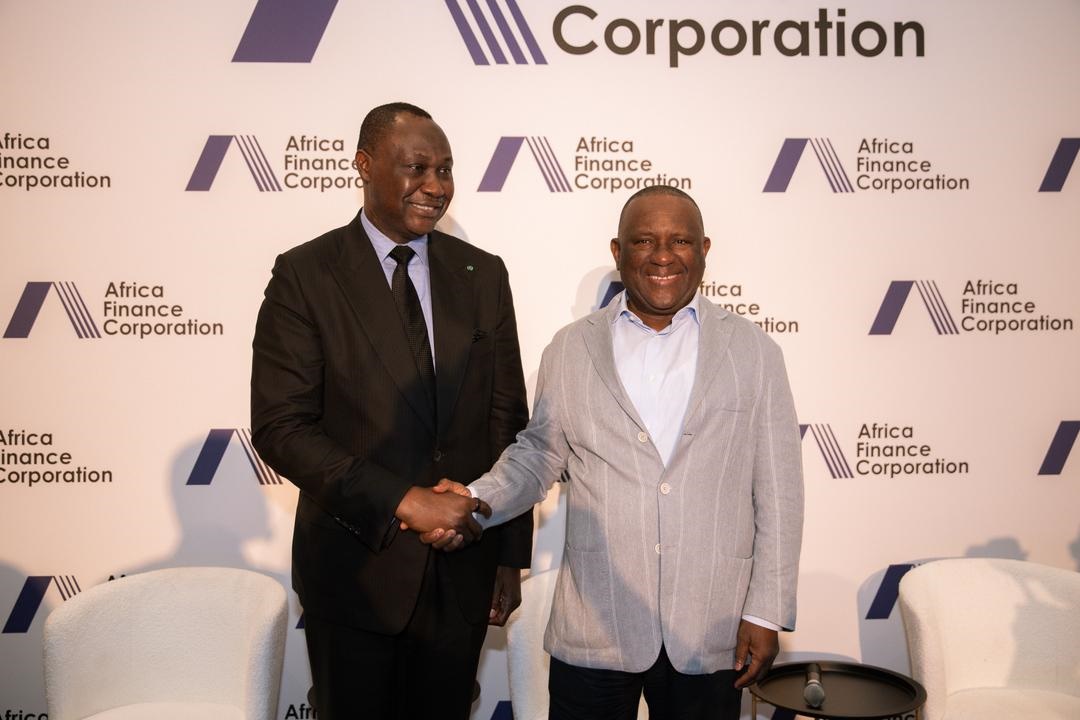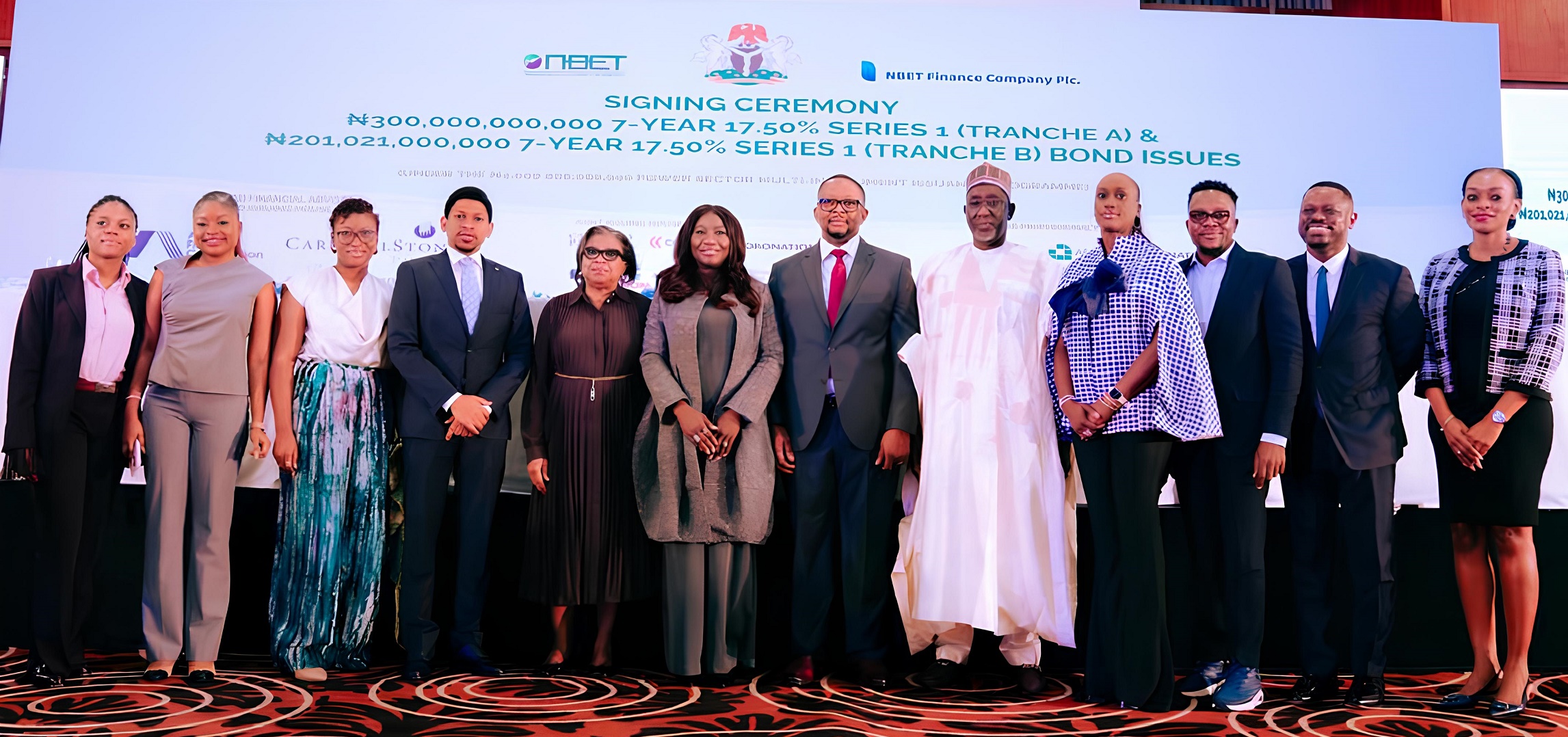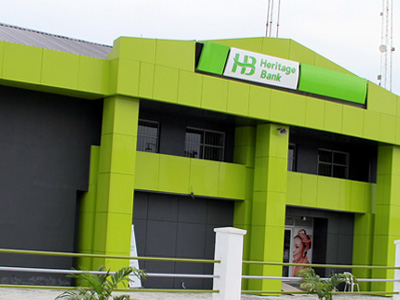
Oliver Alawuba, Group Managing Director and Chief Executive Officer of the United Bank for Africa Plc, on Monday in the United Arab Emirate noted that only pre-determined alliance that has at its core key ingredients like the technical know-how/capacity, finance or capital and partnership can give the needed boost to Africa’s long-standing aspiration for wholesome infrastructure transformation.
Alawuba spoke when he delivered a keynote at the UAE-Chad Trade & Investment Forum in Abu Dhabi, the UAE capital, with the theme: “Financing African Competitiveness – Building Bridges, Powering Progress,” noting the need to move the blueprint of the Tchad Connexion 2030 from a mere transformative potential to reality.
Commending the visionary leadership of the government of Chad and the strategic partnership of the United Arab Emirates for convening the Tchad Connexion 2030, he warned that “the $30 billion Chad Connection 2030 plan is not just a document; it is a declaration of intent.
“It is a detailed roadmap to move a nation from the periphery to the very heart of global economic competitiveness. With its 268 projects targeting infrastructure, industrialization, and human development, it understands a fundamental truth: competitiveness is not born in boardrooms; it is built on the ground,” he added.
The UBA Group boss lamented how “for too long, the narrative around Africa has been one of potential. But I stand before you today to declare that the era of potential is over. We are now in the era of execution. And what we are witnessing in Chad is a masterclass in how to make that shift.”
A plan of this magnitude, he continued, “poses one critical question: How do we finance this future?”
Such an ambitious plan, he said, requires partnership that ranges from pooling together international expertise and capital, particularly from partners like the UAE which boasts of world-class technical prowess, as well as strategic long-term investment.
The partnership, the UBA Group CEO stressed, must also include African institutional banking and local knowledge needed to provide “the on-the-ground intelligence, deal structuring, and capital mobilization that makes global capital work effectively in local contexts.”
On their own part, he said Development Finance Institutions (DFIs) like the World Bank and the African Development Bank must also be brought to the table to offer “de-risking instruments and concessional finance that make projects viable.”
When these elements align, Alawuba stressed, “we see meaningful results. Our recent whitepaper, ‘Banking on Africa’s Future,’ launched at the World
“Bank-IMF Annual Meetings, demonstrates that strategic African anchor investment can attract international capital at a ratio of 10-to-1 or even 20-to-1. For Chad’s $30 billion plan, this multiplier effect is the key that unlocks the vault.”
The roadmap, he believes, “means understanding that a reliable power grid is the foundation of industrial growth. Chad’s target of 60% electrification by 2030 will enable factories to operate, cold chains for agriculture to function, and the digital economy to flourish.
“It means recognizing that water access for 11 million additional people drives economic transformation. Safe water reduces healthcare burdens, enables food processing industries, and unlocks agricultural productivity across the value chain.
“It means seeing the strategic value in infrastructure. When we finance a road, we finance market access. When we structure a PPP for renewable energy, we finance both climate resilience and energy independence. When we support digital payment systems, we create the foundation for inclusive economic growth.
“And it is built with governance that assures an investor that their capital is safe, and their project will be seen through.
Financing all of these, he further stressed, “lies not in a single source, but in a powerful, collaborative model. A model where African financial institutions like UBA step up not as mere intermediaries, but as architects of finance.
“At UBA, we have always believed that the capital to transform Africa exists, both within and outside our continent. The challenge has never been a lack of capital, but a lack of bankable structures and credible partnerships, including huge domestic capital misalignment. “
Alawuba assured that UBA is not new to financing infrastructure projects in areas far away from its outposts in the network of 20 African countries, which it ready to replicate in Tchad.
He urged the panel of discussants at the forum to focus on attractiveness of the continent, industrialization, water and electricity, assuring that the UBA Group is ready to partner in such areas as structuring of Public-Private sector Partnerships “for solar plants and water treatment facilities, learning from the UAE’s own success with projects like the Hassyan Power Plant.”
Other areas of partnership, he listed include “providing syndicated loans and project finance to connect Chad to regional energy grids, ensuring stable, affordable power for industrial zones.
“Deploying digital payment platforms to support Chad’s E-Tax and e-registry initiatives, making the business climate more transparent and efficient for every investor in this room.”
He applauded the Chad Connection 2030 as a bold invitation to the world by saying “Come, build with us.”
“At UBA, we are not just accepting that invitation; we are already rolling up our sleeves. We are here to be the financial engine, the trusted partner, and the bridge that connects visionary plans to tangible reality.
“As we open this panel, let us remember that financing African competitiveness is not an act of charity. It is the smartest investment we can make in a future of shared prosperity.













